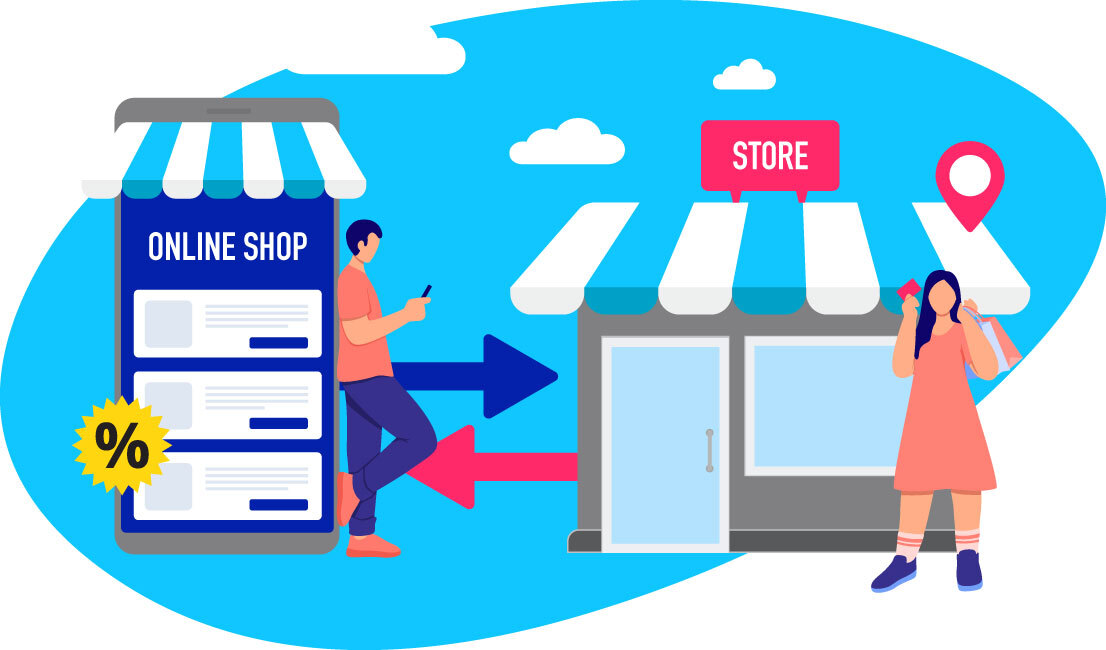5 min read
Advertisement can be effective for capturing the attention of consumers, but it often leads to a short-term transactional relationship with customers. To gain loyal customers, you need them to not only buy from you, but also to buy into your brand and what you stand for. This is why you need to build meaningful customer engagement .
What Is Engagement Marketing and Why Is It Important?
Engagement marketing is a marketing strategy that uses engaging content to start meaningful conversations with your customers through their preferred channels. By encouraging interaction with your brand, it nurtures brand connection, builds genuine relationships, and paves a positive path to purchase and customer loyalty.
Implementing an engagement marketing strategy involves sending valuable, personalized content across a wide range of channels, such as email, blogs, social media, SMS, and push notifications, to increase customer engagement. Engagement is any type of interaction with a piece of content, from clicks to likes, shares, and comments.
There are different types of engagement, including active, ethical, contextual, convenient, and emotional. Effective customer engagement makes your audience feel understood and part of your brand. This, in turn, encourages action, drives loyalty and reduces customer churn.
Engagement marketing meets the needs of today’s empowered consumers. It puts them at the heart of your marketing strategy. It also adds value to their lives by providing helpful information, solving their challenges, and inspiring them.
What Are the Benefits of Engagement Marketing?
As well as delivering value to today’s customers, engagement marketing also offers numerous benefits for brands:
- It helps brands develop buyer personas
- It increases brand awareness
- It builds trust and brand authority
- It helps you acquire and keep customers
Because engagement marketing builds brand awareness, nurtures relationships, and grows trust, it can help you drive leads and acquire more customers. While the results are not as instant as other types of marketing, by playing the long game and being consistent in your efforts, you can not only win customers over, but also increase brand loyalty and create advocates.
How Does Engagement Marketing Work?
To be effective, engagement marketing requires proper planning, implementation, optimization, and upkeep. Here is how it works.
1. Set engagement marketing goals
Like any marketing strategy, an engagement marketing strategy needs SMART goals (specific, measurable, achievable, relevant, and timely). You can set many different goals, such as improved engagement, greater brand visibility, lead generation, and more sales.
As well as setting overall goals, set mini-goals, such as ‘create X amount of content per day to reach out to X number of people’. This type of goals can motivate you and your team to maintain momentum.
2. Create a complete customer view
Collecting and unifying all your customer data from multiple touchpoints and sources can be tricky. However, it is the foundation of engagement marketing. A customer engagement platform gives you the ability to integrate all your data into one place and break down business silos for 360-degree customer views.
A 360-degree customer view allows you to map the customer journey through their interactions with your brand. Using this information, you can then create effective segments and send out relevant, engaging communications at the right time for seamless brand experiences.
3. Analyze your customer data
After you develop a complete customer view, you need to analyze it to gain a deeper understanding of customer attributes, needs and interests. AI-driven data science tools can help you do this effectively at scale, digging into a wide range of on-site and offline data to pull out trends and insights in real time.
You can also use deep learning to predict levels of customer intent and engagement in order to target the most valuable customers.
4. Create personalized, engaging content
With your audience and segments already defined, the next step is to create the right content with personalized messaging for maximum customer engagement.
Your content should reflect user interests identified through your data analysis and consider the stage of the customer journey they are at. Visual content, such as video, and interactive content, such as surveys and competitions, can be really effective.
In addition, it is important to know what your competitors are doing, and think outside the box.
5. Ensure a consistent experience across channels
Your customers are on multiple channels, so you need to be, too. This means you need to create a consistent experience across all the channels that your customers spend time on.
Leverage AI tools to map your customers’ cross-channel journeys to conversion, and send timely automated content to maximize impact and engagement.
Engagement marketing puts customers at the center. It hooks them into your brand, makes them part of it, and builds trust and loyalty. When running engagement marketing campaigns, be sure to pay attention to your analytics to assess what is working and why. In addition, listen to what customers are saying, ask for feedback and then use what you learn.
* Do you want to elevate your engagement marketing efforts? Get in touch with our team today to find out how our full-funnel solutions can help you!



